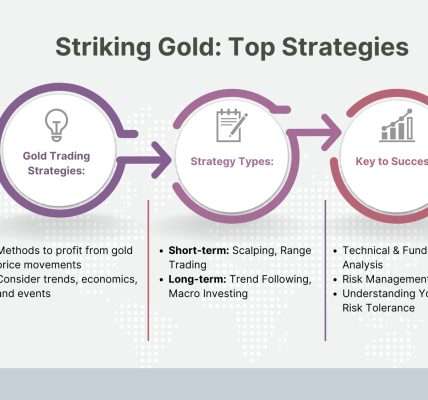Navigating the world of credit scores and debt management can feel overwhelming. Many people wonder if settling a debt, meaning paying less than the original amount owed, will positively impact their credit score. The answer is nuanced, and understanding the intricacies of debt settlement and its effects on your credit report is crucial for making informed financial decisions. Let’s explore the details of how settling debt affects your credit score and what you should consider before pursuing this option.
The Immediate Impact of Debt Settlement
Settling a debt can seem like a quick fix, but the immediate impact on your credit score is often negative. Here’s why:
- Negative Reporting: When you settle a debt for less than the full amount, the creditor typically reports it as “settled” or “partially paid.” This notation remains on your credit report for up to seven years.
- Damaged Credit Score: This notation is generally viewed negatively by lenders, indicating that you didn’t fulfill your original obligation. This can lower your credit score, especially if you already have other negative marks on your report.
- Pre-Settlement Damage: It’s important to remember that the debt likely already negatively impacted your credit score before you settled it due to missed payments or being in collections.
Long-Term Effects and Potential Benefits
While the initial impact is negative, settling debt can have some long-term benefits, especially when compared to leaving the debt unpaid.
Potential Benefits of Settling Debt
Think of settling debt as damage control. Here are some ways it can eventually improve your financial situation:
| Benefit | Description |
|---|---|
| Stopping Further Damage | Settling the debt stops the accrual of additional interest and late fees, preventing the debt from growing larger. |
| Moving Towards Resolution | It represents a step towards resolving the debt, rather than ignoring it. This can improve your chances of obtaining future credit, even if slowly. |
| Negotiating Favorable Terms | You might be able to negotiate a payment plan or a lower settlement amount than initially offered. |
Alternatives to Debt Settlement
Before settling a debt, it’s wise to consider other options that may be less damaging to your credit score. These can include:
Fact: A debt management plan can help consolidate debts and lower interest rates, potentially leading to a faster and less damaging path to repayment.
- Debt Management Plan (DMP): A DMP, often offered by non-profit credit counseling agencies, can help you consolidate your debts and negotiate lower interest rates.
- Balance Transfer Credit Cards: Transferring high-interest debt to a balance transfer card with a 0% introductory APR can save you money on interest payments, allowing you to pay down the principal faster.
- Personal Loans: Taking out a personal loan with a lower interest rate than your existing debt can consolidate your debts into a single, more manageable payment.
FAQ: Debt Settlement and Credit Scores
Here are some frequently asked questions about debt settlement and its impact on credit scores.
- Q: How long does a settled debt stay on my credit report?
A: A settled debt remains on your credit report for up to seven years from the date of the first missed payment that led to the debt being sent to collections or charged off. - Q: Will paying off a settled debt improve my credit score?
A: While paying off a settled debt won’t erase the negative notation, it shows responsibility and can be a positive step towards rebuilding your credit. - Q: Is debt settlement better than bankruptcy?
A: In many cases, debt settlement is a less damaging option than bankruptcy, but it depends on your individual financial situation. Bankruptcy has a more severe and longer-lasting impact on your credit report. - Q: Can I negotiate with creditors myself?
A: Yes, you can negotiate with creditors yourself. However, it can be helpful to work with a debt settlement company or credit counselor for guidance.

